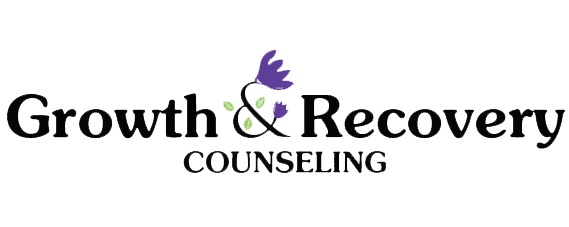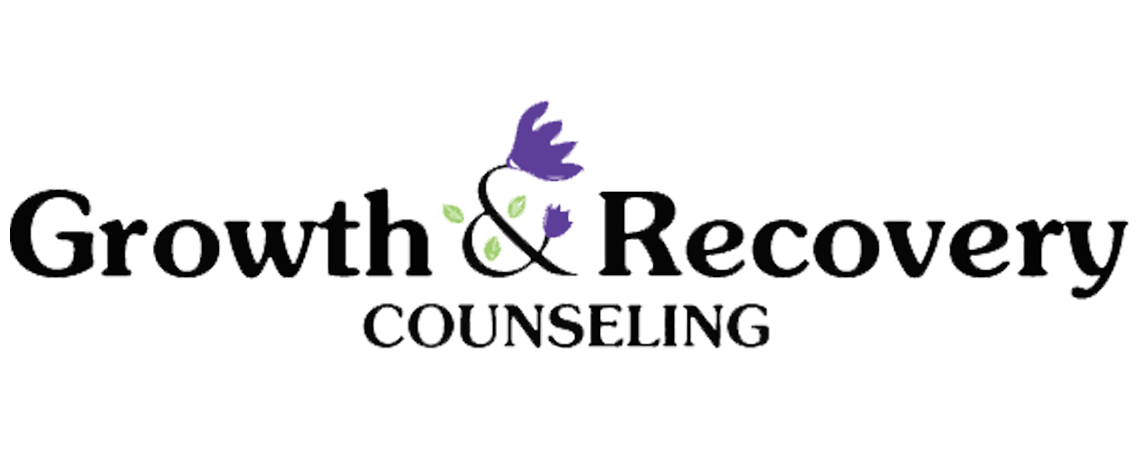Additional symptoms of ADHD may include:
Additional symptoms of ADHD may include:

Fun Facts:
ADHD begins in childhood, with symptoms present before the age of 12 (American Psychiatric Association, 2022). Around the world, less than 10% of children and 3% of adults have ADHD.
Males are twice as likely as females to be diagnosed with ADHD.
ADHD is known to have a strong genetic component. Studies have shown that if one identical twin has ADHD, there is about a 75% chance that the other twin will also have it, indicating a high heritability rate (Faraone S.V. et al., 2005).

Treatment Options:
Working with a clinician who practices behavioral interventions and social skills training can benefit clients with ADHD (Reichenburg & Seligman, 2016). For maximum effectiveness, it is recommended that these interventions be consistently employed across all areas of life, for example, home (to include both homes if parents are not living together,) childcare, work/school, relationships, and outside/inside activities.
Group therapy can provide clients an opportunity to practice and improve social and problem-solving skills. Parenting support is another key component of treatment. Lastly, some individuals may be prescribed medication in conjunction with psychotherapy to help manage symptoms. The use of multiple modalities can make a significant difference for the client with ADHD, their friends and their families.
Additional Resources:
American Psychiatric Association. (2022). DSM-5-TR. Washington: American Psychiatric Association Publishing.
Faraone, S. V., Perlis, R. H., Doyle, A. E., Smoller, J. W., Goralnick, J. J., Holmgren, M. A., & Sklar, P. (2005). Molecular genetics of attention-deficit/hyperactivity disorder. Biological Psychiatry, 57(11), 1313-1323. doi:10.1016/j.biopsych.2004.11.024
Lourie W. Reichenburg and Linda Seligman. (2016). Selecting Effective Treatments. Hoboken: John Wiley & Sons.


